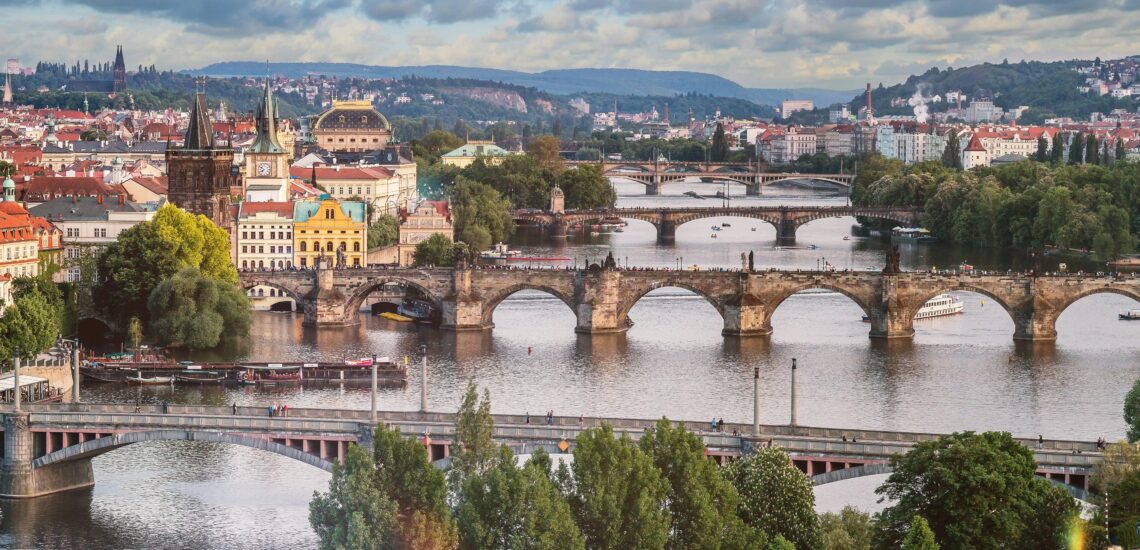As a travel writer who has traveled to the Czech Republic on more than one occasion, I’ve discovered that this jewel of Central Europe offers so much more than just its famous capital city. From medieval towns frozen in time to unspoiled natural wonders, let me take you on a journey through this fascinating country.
Must-Visit Cities and Towns
Prague (Praha)
While it might seem obvious, no visit to the Czech Republic is complete without experiencing Prague. However, I’ve found that the real magic happens when you venture beyond the typical tourist spots. During my many visits to the city, I’ve developed a particular fondness for Vyšehrad fortress, which unlike the crowded Prague Castle, offers equally stunning views but with a fraction of the tourists. I particularly love visiting at sunset when the city lights begin to twinkle.
The vibrant Karlín district has become my favorite neighborhood for experiencing local life. This revitalized area combines stunning art nouveau architecture with modern cafes and restaurants. I often start my mornings here at one of the traditional bakeries before exploring the district’s hidden corners. The contrast between historic buildings and contemporary street art creates a fascinating urban landscape that perfectly represents modern Prague.
In the evenings, I always find myself drawn to Náplavka riverbank, where locals gather for drinks and food truck delicacies along the Vltava River. During my last visit, I discovered an amazing Vietnamese food stand that rivals those in Hanoi. For a peaceful escape, the lesser-known Vrtba Garden offers a baroque haven with breathtaking city views that most tourists never discover.
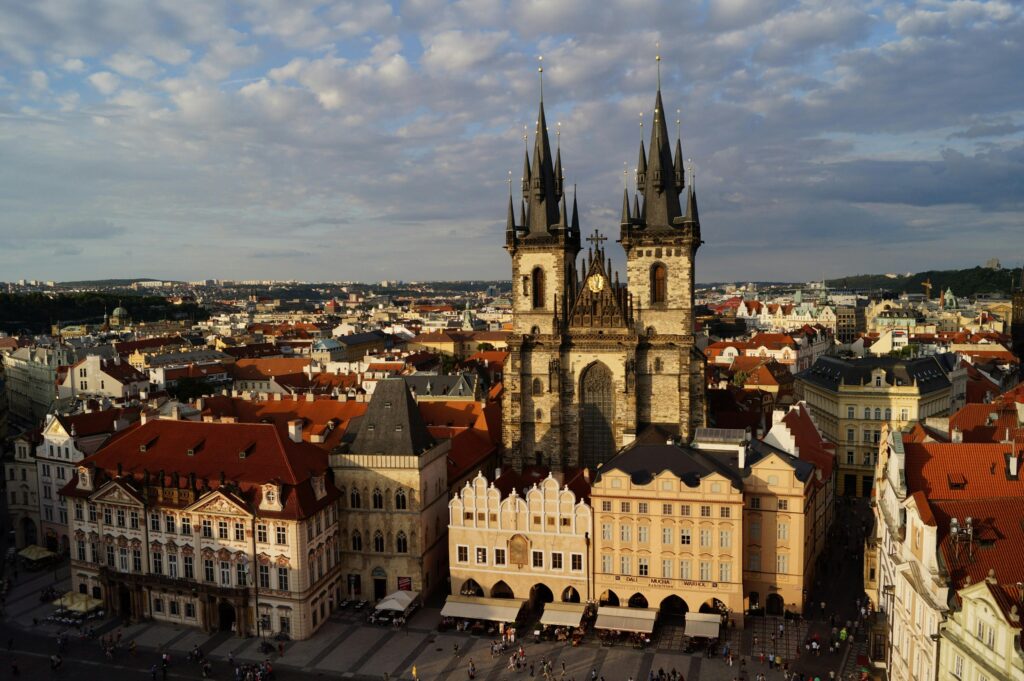
Český Krumlov
This UNESCO World Heritage site is popular for good reason, but timing is everything. Visit between November and March to avoid the tour bus crowds and experience the medieval charm with a dusting of snow. The town’s winding cobblestone streets become particularly magical during the winter festivals. What many visitors miss is the spectacular Castle Theater, one of the best-preserved baroque theaters in Europe. I spent an entire afternoon here, mesmerized by the original stage machinery that still functions today.
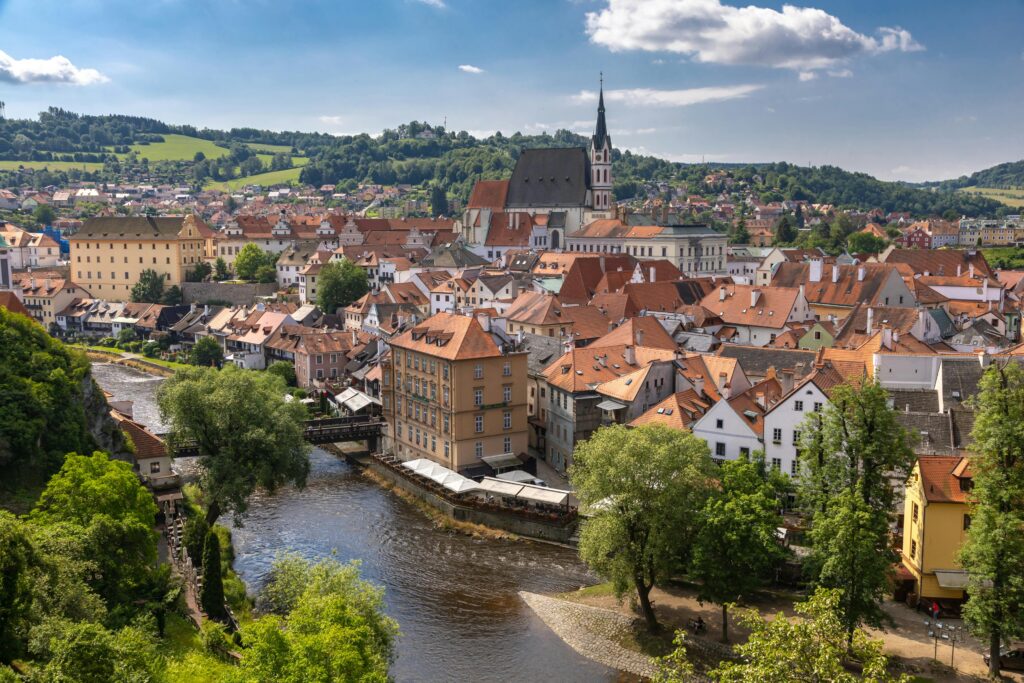
Karlovy Vary
This elegant spa town captured my heart with its colorful colonnades and healing springs. While most visitors come for the day, I recommend staying at least two nights to truly experience its charm. Early mornings are magical here – I love walking along the colonnade with a traditional spa cup, sampling the different mineral waters while watching the town wake up. The Diana Observation Tower, reached by a charming funicular, offers spectacular views of the surrounding forests. During the annual Film Festival in July, the town transforms into a buzzing cultural hub, but even outside this period, there’s something inherently cinematic about its architecture.
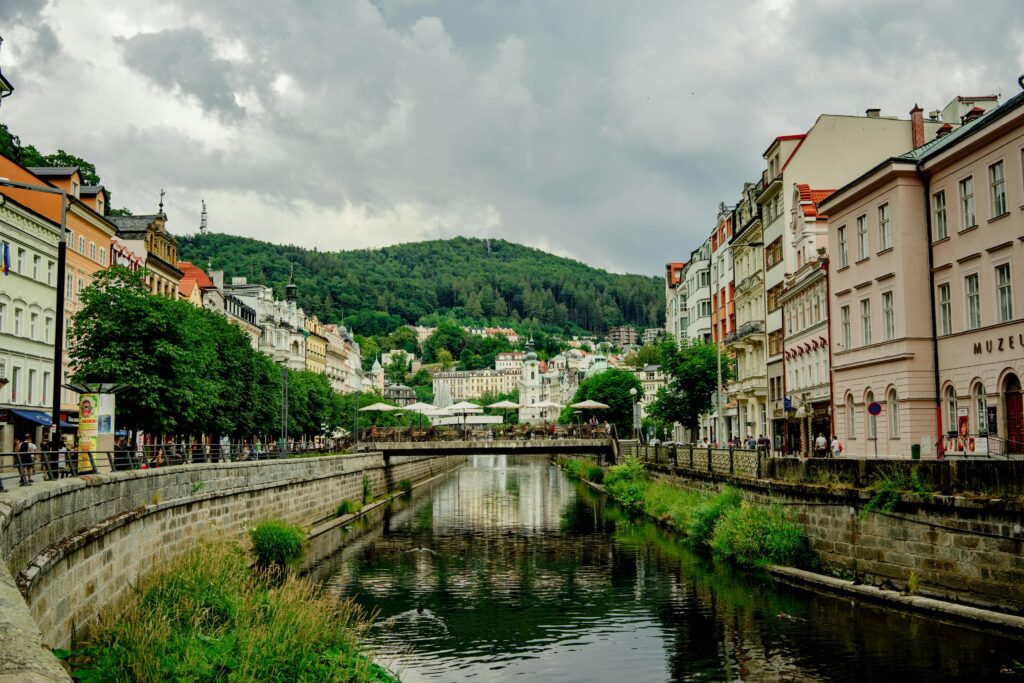
Olomouc
Perhaps my favorite discovery in the Czech Republic, Olomouc offers everything I love about Prague but with a more authentic atmosphere. This university town boasts Europe’s second-oldest astronomical clock, though with a unique communist-era twist to its decoration. The city’s collection of baroque fountains tells fascinating stories of ancient myths, and the local cheese specialty, Olomoucké tvarůžky, though admittedly an acquired taste, is a must-try for adventurous foodies. The city’s cafes, filled with students and locals, offer some of the best coffee experiences I’ve had in Central Europe.
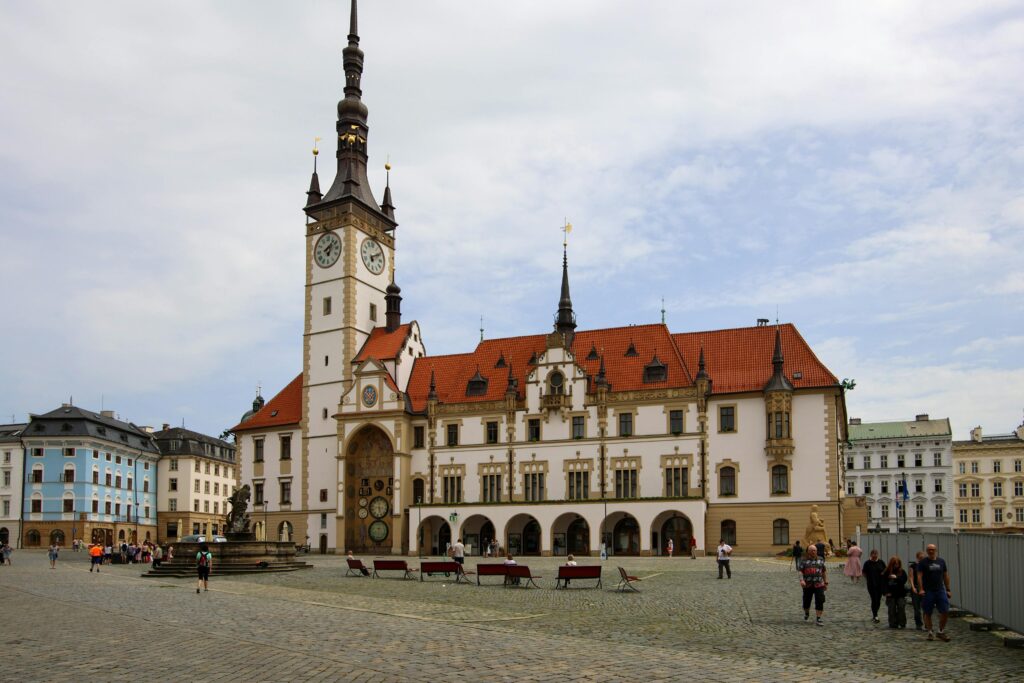
Hidden Gems of the Czech Republic
While Prague and Český Krumlov steal the spotlight, some of the Czech Republic’s most enchanting experiences lie in its lesser-known towns. During my exploring this fascinating country, I’ve discovered several magical places that rarely make it into traditional guidebooks.
Loket
Imagine a medieval town wrapped in a river’s embrace, crowned by a 12th-century castle. That’s Loket, often called “the Prague in miniature.” During my first visit, I was struck by how the morning mist clings to the castle towers, creating an almost fairy-tale atmosphere. The town’s charm lies not just in its stunning architecture but in its quiet mornings when you can wander the cobblestone streets almost alone. Local cafes serve excellent Czech pastries, and the riverside walking paths offer perfect spots for contemplation. Time seems to slow down here, especially in the early evening when the castle lights illuminate the river.
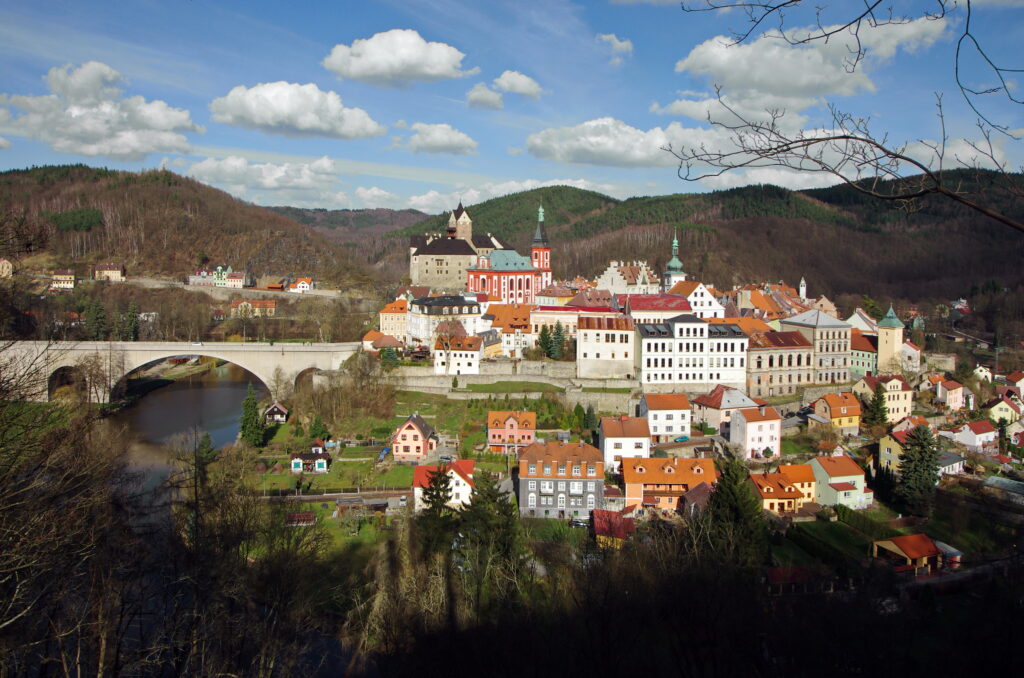
Třeboň
In South Bohemia lies Třeboň, a Renaissance town surrounded by an intricate system of medieval fish ponds. What captured my heart here wasn’t just the perfectly preserved square with its pastel-colored houses, but the unique rhythm of life. Every autumn, the town celebrates traditional fish harvesting festivals, a tradition dating back centuries. The local brewery, Regent (one of the oldest in Europe), offers tours that feel more like visiting a friend’s house than a tourist attraction. Don’t miss the chance to cycle around the ponds – I discovered some of the most peaceful picnic spots I’ve ever encountered in Europe along these paths.
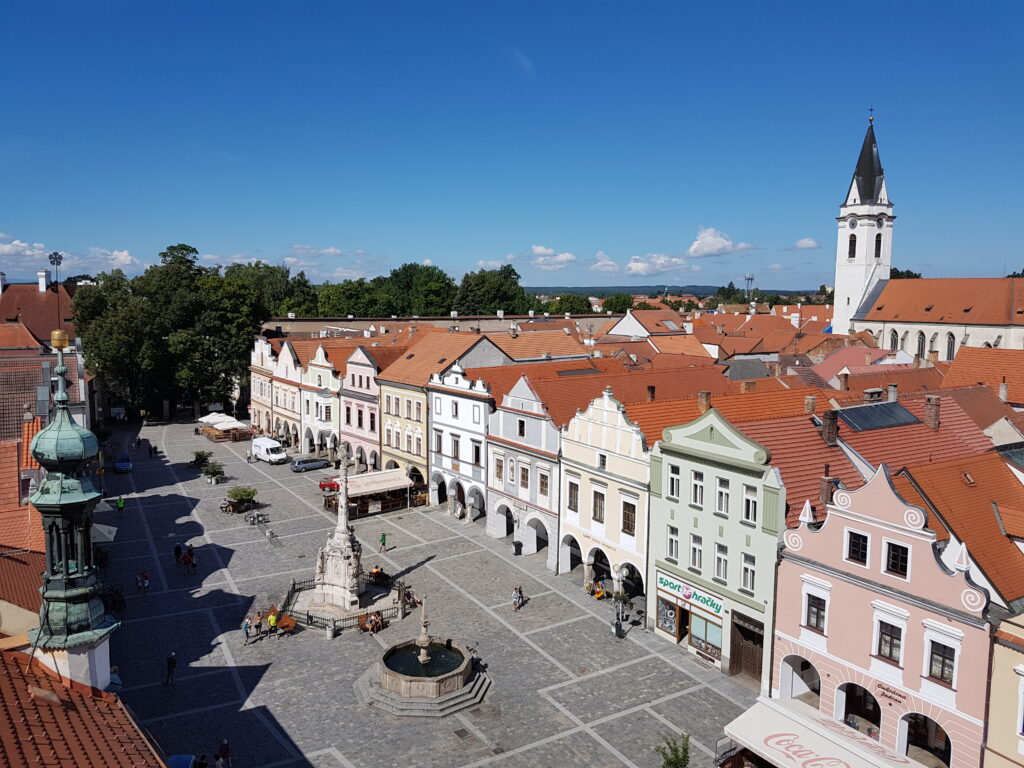
Litomyšl
UNESCO-listed but surprisingly uncrowded, Litomyšl charmed me with its unique blend of Renaissance architecture and modern cultural life. The town’s château features remarkable sgraffito decorations (imagine an entire building covered in intricate Renaissance graffiti), but what really makes this place special is its living artistic spirit. As the birthplace of composer Bedřich Smetana, music seems to flow through the streets, especially during the annual opera festival. The modern architecture seamlessly blends with historical buildings – don’t miss the newly renovated monastery gardens, where students and locals gather for impromptu concerts.
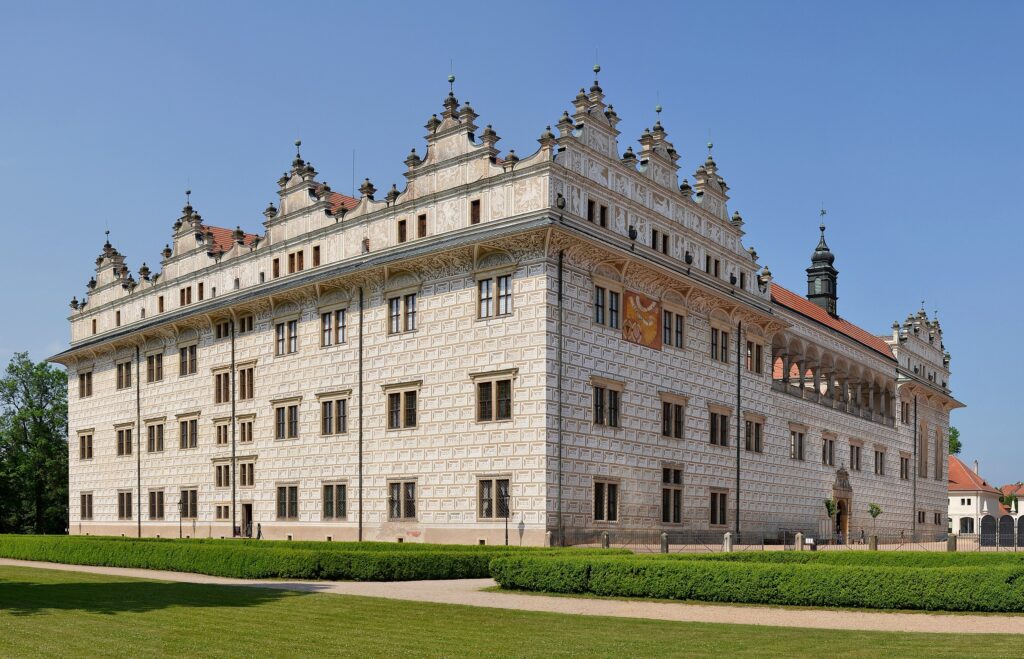
Štramberk
Known locally as “Moravian Bethlehem,” Štramberk might be the most photogenic town you’ve never heard of. Dominated by a cylindrical tower called Trúba (which offers panoramic views of the Beskydy Mountains), the town is famous for its traditional wooden architecture and unique local delicacy – Štramberk ears (spiced gingerbread cookies with a fascinating legend behind them). During my visit, I stayed in a restored wooden cottage and woke up to views of mist rolling over the hills. The town’s narrow lanes, filled with original timber houses, feel like an open-air museum, but one where people actually live and work.
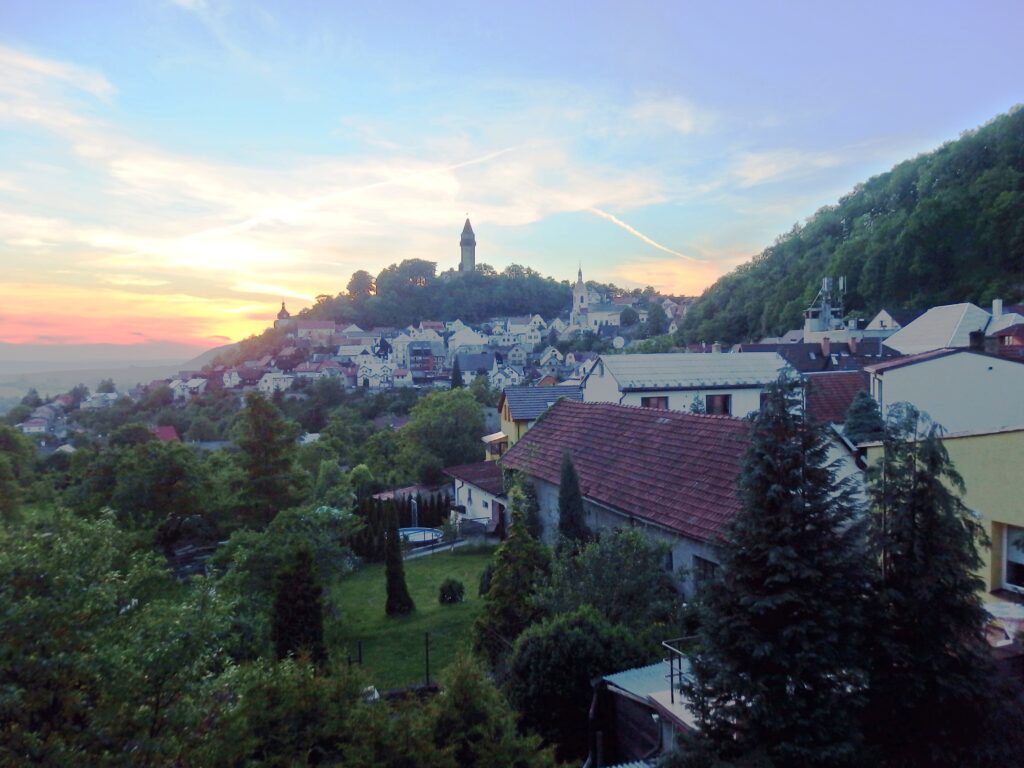
Mikulov
While wine enthusiasts might know Mikulov, most visitors to the Czech Republic miss this gem in the heart of the Moravian wine region. The town’s skyline, dominated by a massive Renaissance castle and the Holy Hill chapel, rivals Prague’s in beauty but not in crowds. What makes Mikulov special is how seamlessly it blends Jewish heritage, wine culture, and baroque architecture. I spent evenings here tasting wine in centuries-old cellars, where local vintners share stories passed down through generations. The nearby Pálava Hills offer stunning hiking trails through limestone cliffs and vineyards.
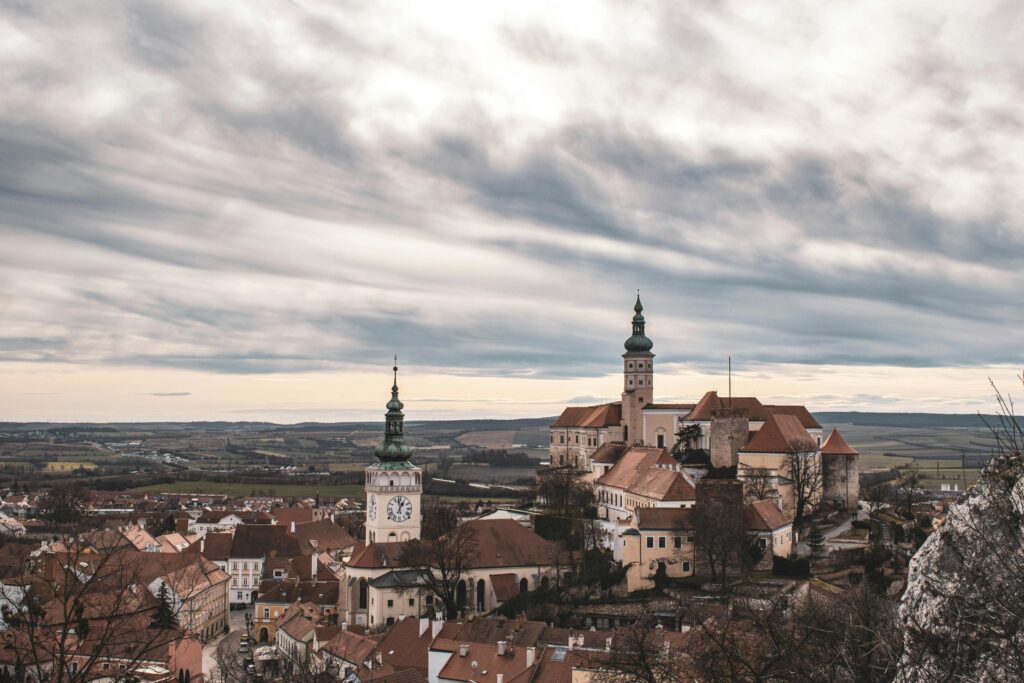
Telč
Another UNESCO site that somehow stays under the radar, Telč feels like stepping into a perfect Renaissance painting. The town square is bordered by candycolored houses with arcades, each telling its own story through subtle architectural details. What most visitors miss, however, is the network of artificial ponds surrounding the town – a Renaissance-era flood control system that created an incredibly picturesque setting. I discovered that early mornings here are magical: the mist rising from the ponds, the smell of fresh bread from local bakeries, and the sound of the town slowly coming to life.
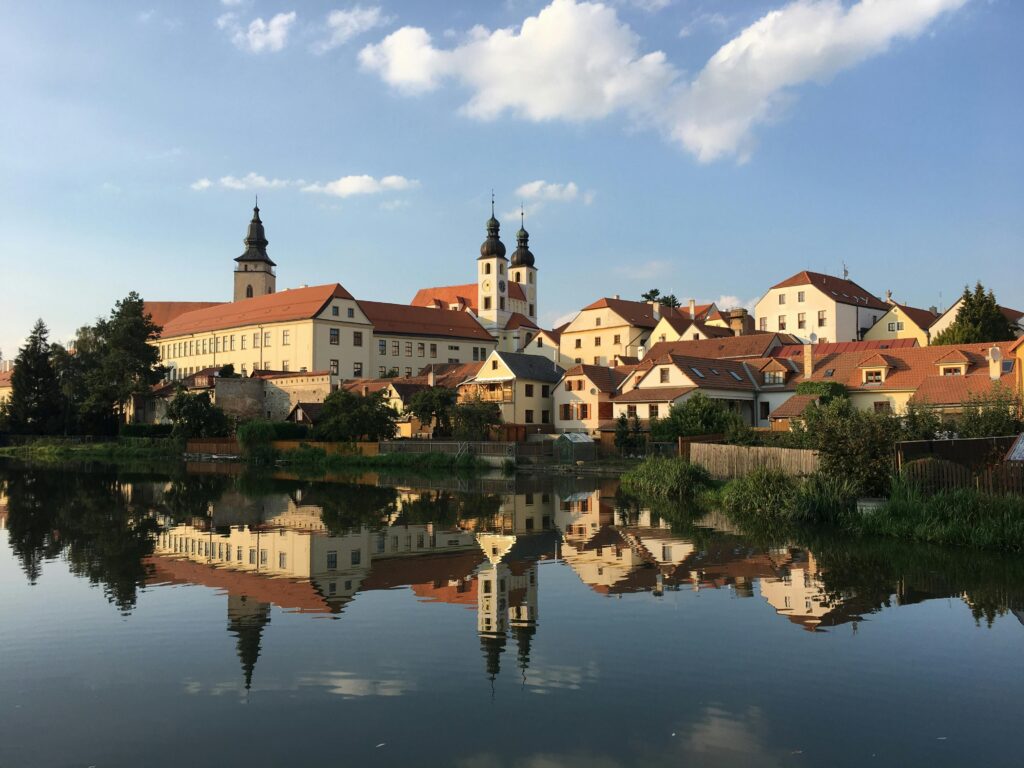
Prachatice
Hidden in the Šumava foothills, Prachatice preserves its medieval character from the days when it controlled the salt trade along the Golden Path. The town’s Renaissance buildings feature some of the best-preserved sgraffito decorations I’ve seen in Europe. What makes Prachatice special is how it remains authentically Czech – tourist shops haven’t taken over the historic center, and local traditions are very much alive. The surrounding hills offer excellent hiking opportunities, and the local restaurants serve hearty Bohemian cuisine at reasonable prices.
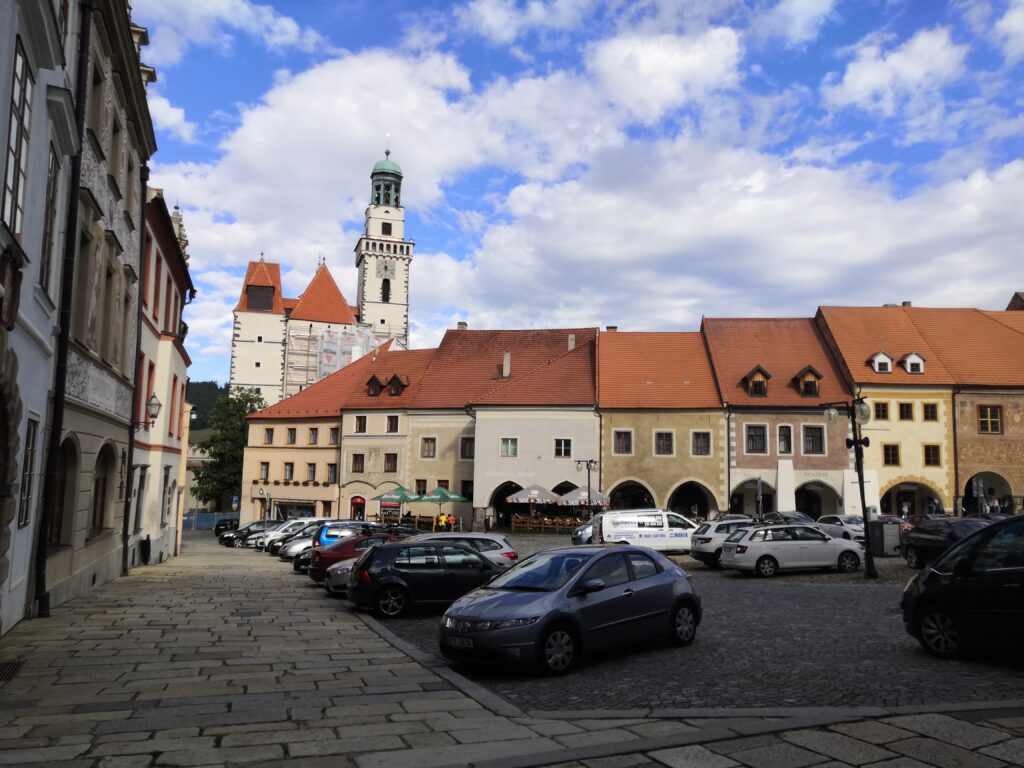
A few tips for exploring these hidden gems:
- Visit during shoulder season (April-May or September-October) for the best combination of good weather and few tourists
- Consider renting a car – while trains and buses serve these towns, having your own transportation allows you to explore the surrounding countryside
- Stay at least one night – these places are most magical in the early morning and evening when day-trippers have left
- Learn a few Czech phrases – in these smaller towns, English is less commonly spoken, but locals deeply appreciate visitors who make an effort
- Check local event calendars – many of these towns host fascinating festivals that rarely make it into international guidebooks
- Don’t rush – these places are best experienced slowly, with time for spontaneous discoveries
Remember, the real magic of these towns lies not just in their architectural beauty or historical significance, but in their living traditions and the warmth of their people. Take time to sit in local cafes, chat with residents, and absorb the authentic Czech atmosphere that larger tourist destinations often lose.
Natural Wonders
Bohemian Switzerland National Park (České Švýcarsko)
Best visited in late spring or early autumn, this park features dramatic sandstone formations and the largest natural stone arch in Europe. What makes this place truly special is how the morning mist weaves through the rock formations, creating an almost mythical atmosphere. During my last visit, I stayed in the nearby town of Hřensko and started my hikes before dawn – the sunrise views from Pravčická brána (the stone arch) were worth every early morning step.
The park’s network of trails caters to all levels, but I’d particularly recommend the boat ride through Edmund’s Gorge. Unlike similar attractions elsewhere, here you’re guided by local boatmen who share fascinating stories about the gorge’s history and formation, passed down through generations. The lesser-known Mary’s Rock viewpoint offers equally spectacular views but attracts far fewer visitors than the main sites.
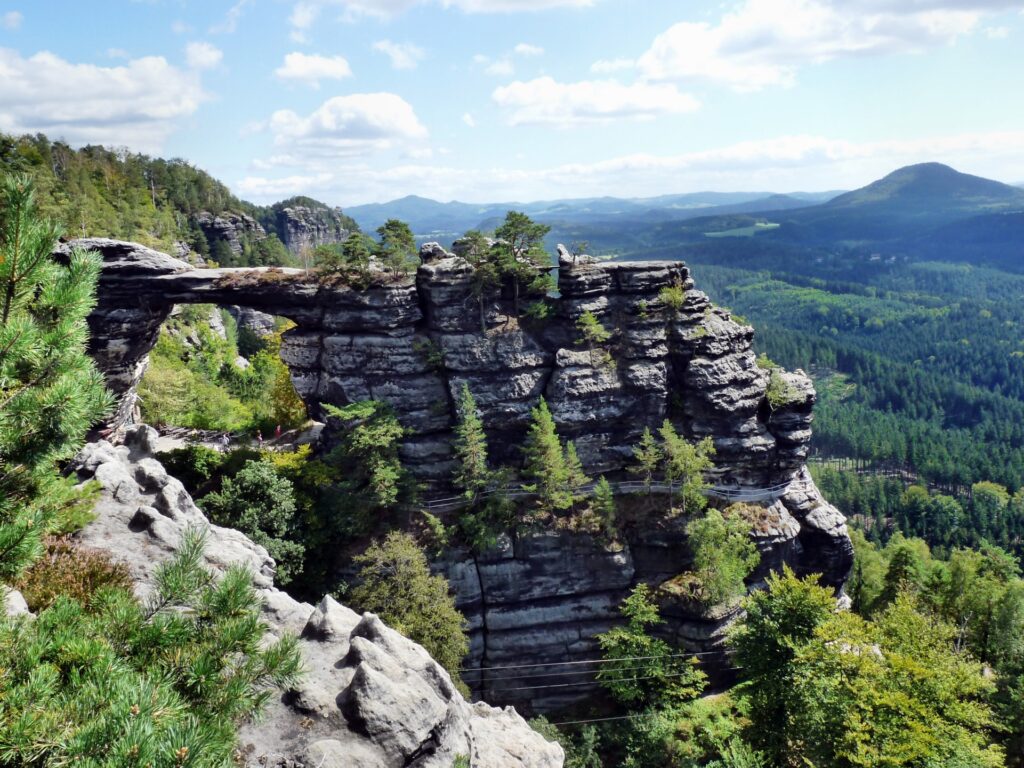
Moravian Karst
This network of underground caves and gorges offers year-round wonder, but its true magic lies in its diversity. While the Punkva Caves with their underground river tours are the most famous (book well in advance), I found the lesser-known Catherine’s Cave equally captivating. Its chambers have remarkable acoustics, occasionally hosting classical music concerts – an experience that still gives me goosebumps when I think about it.
The Macocha Abyss, a 138-meter-deep gorge, tells countless local legends. Visit in early morning or late afternoon when the light plays with the mist rising from the depths. The surrounding hiking trails offer surprising encounters with local wildlife and rare plants that thrive in this unique karst environment.
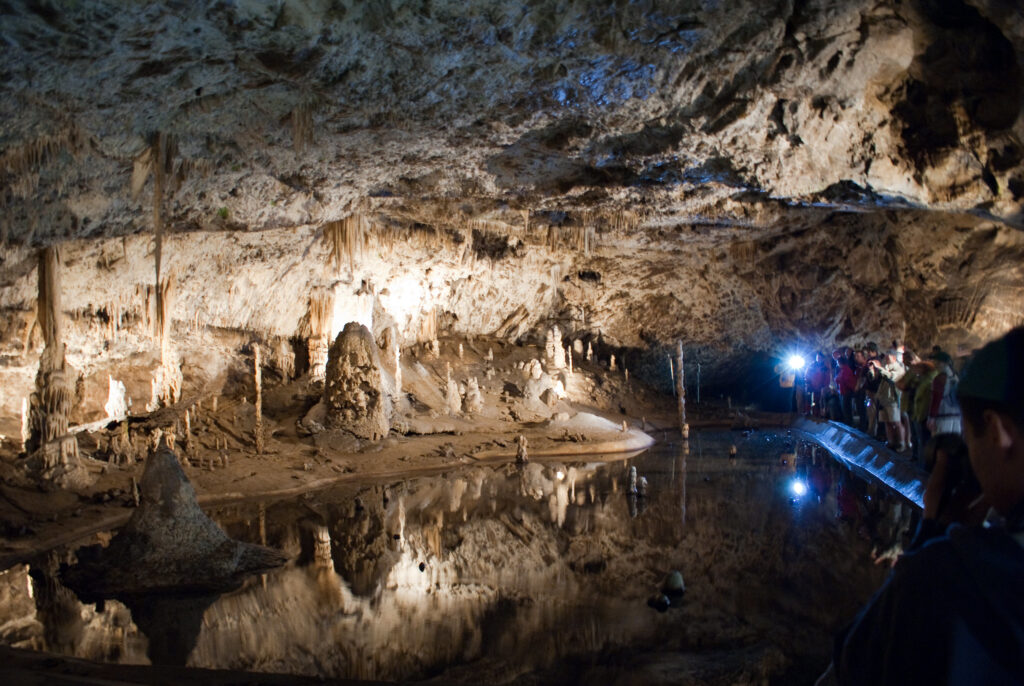
Krkonoše Mountains
The highest mountain range in the country deserves special mention. While it’s famous for winter sports, I found the summer hiking here equally rewarding. The alpine flowers that bloom in June and July create carpets of color across the mountain meadows. The trek to Sněžka, the highest peak, offers views across three countries on a clear day, though I’d recommend starting early to avoid both crowds and afternoon thunderstorms that are common in summer.
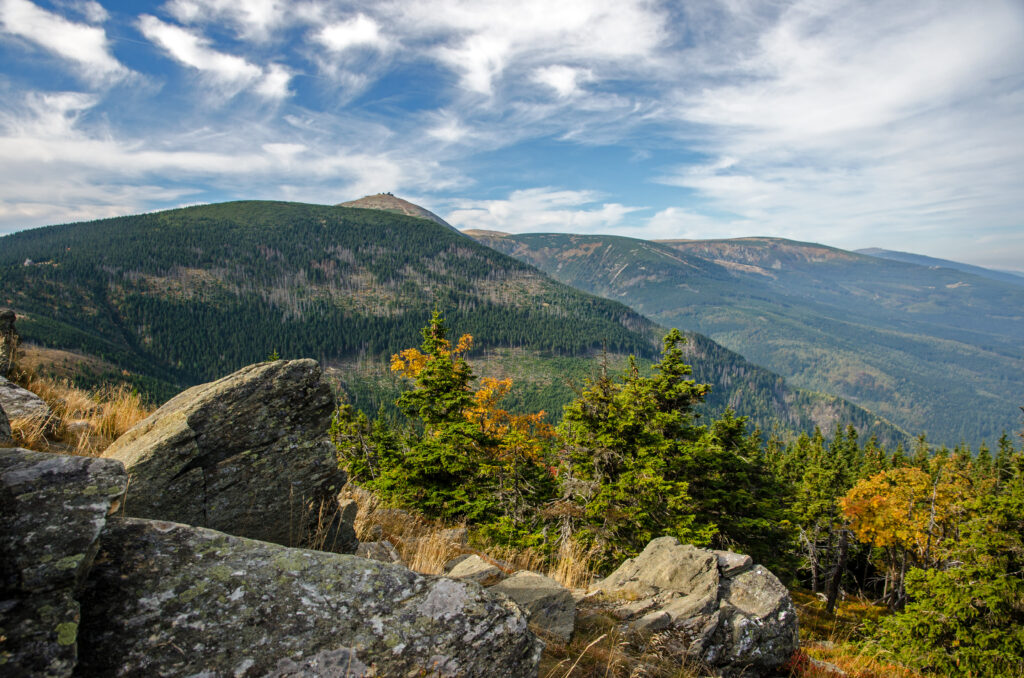
Český ráj (Bohemian Paradise)
My personal favorite for combining natural beauty with historical sites, Český ráj lives up to its name as a ‘paradise.’ The sandstone rock formations here create natural labyrinths that feel like something from a fairy tale. I spent days exploring the various rock cities, each with its own character. The Prachovské Skály formations are the most famous, but I found the lesser-known Příhrazy rocks equally spectacular and far less crowded.
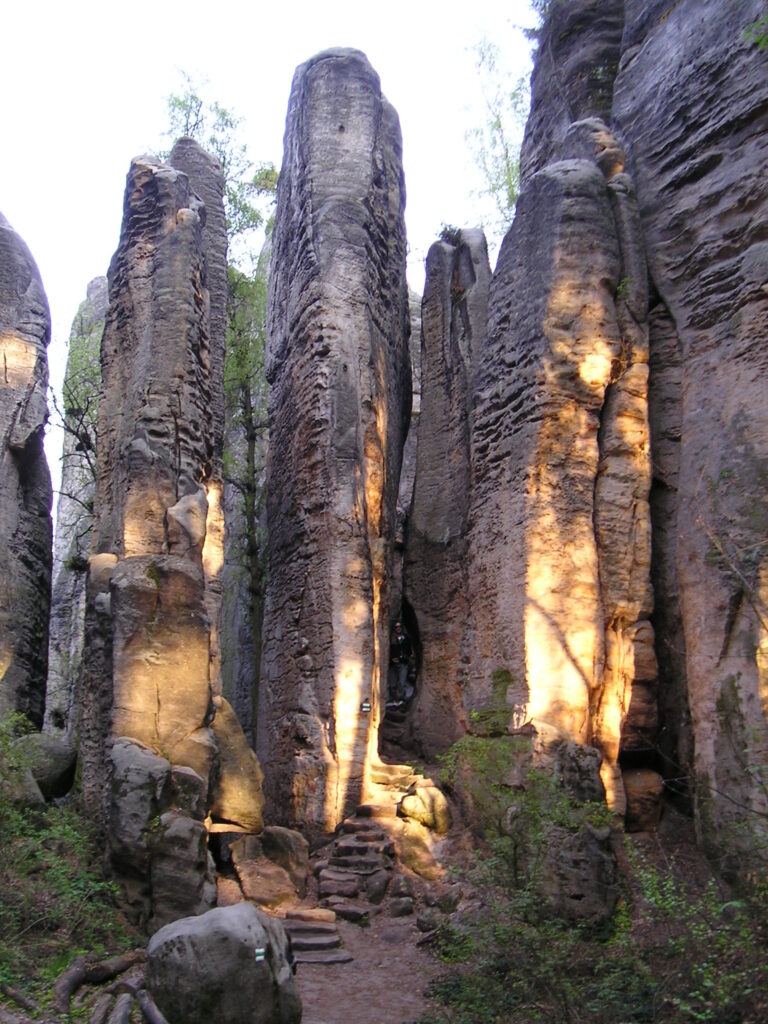
Essential Travel Tips
Transportation Wisdom
Having explored the country extensively, I’ve learned that while the train system is excellent for city-to-city travel, having a car opens up countless possibilities for exploring rural areas. If you’re planning to rent a car, book in advance – prices can double during peak season. For non-EU visitors, remember that an International Driving Permit is mandatory. I learned this the hard way when first visiting!
Seasonal Strategy
Each season offers a unique perspective on the Czech Republic. Spring (April-May) brings mild weather and blooming gardens with fewer tourists. Summer (June-August) sees peak tourism but also countless festivals and outdoor events. Fall (September-October) offers perfect hiking weather and harvest festivals. Winter (November-March) transforms cities into magical Christmas scenes and offers excellent skiing opportunities.
Budget Mastery
After multiple visits, I’ve discovered several money-saving strategies:
- The “polední menu” (lunch menu) offers the best value for traditional Czech cuisine – expect to pay half the evening prices for similar dishes.
- Consider buying a Czech Railways pass if you’re planning multiple train journeys.
- Many museums are free on the first Sunday of each month.
- City tourist cards (especially in Prague) quickly pay for themselves if you’re planning to visit multiple attractions.
Cultural Navigation
Simple cultural awareness can greatly enhance your experience:
- Czechs appreciate when visitors attempt basic phrases. Start with “Dobrý den” (good day) and “Děkuji” (thank you).
- Always remove your shoes when visiting someone’s home – it’s considered basic politeness.
- Tipping culture is different here – 10% is standard in restaurants, and it’s appreciated but not mandatory.
Off-Season Opportunities
Winter visits, while colder, offer unique experiences often missed by summer tourists:
- Christmas markets in smaller towns often feel more authentic than Prague’s famous ones.
- Spa towns are less crowded and often offer better rates.
- Many castles have special winter tours with heated areas and mulled wine.
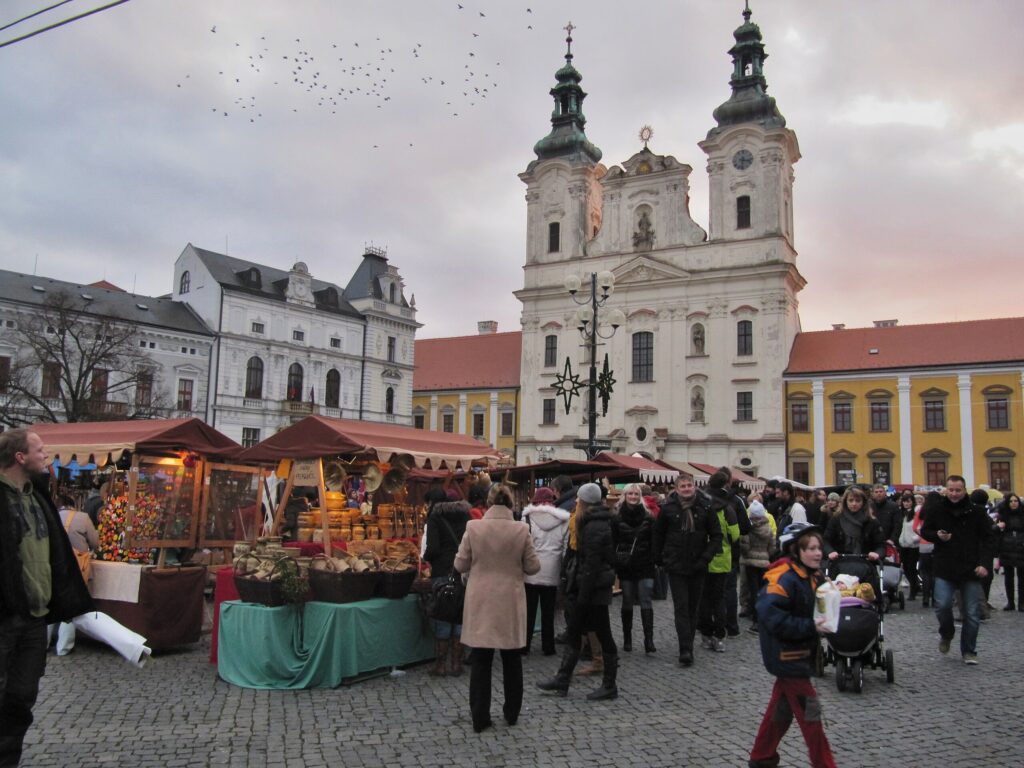
Local Experiences
To truly understand Czech culture:
- Visit a local “hospoda” (pub) during a hockey or football match.
- Try “zavařeniny” (homemade preserves) at farmers’ markets.
- Join a “vinobraní” (wine harvest festival) in Moravia during September.
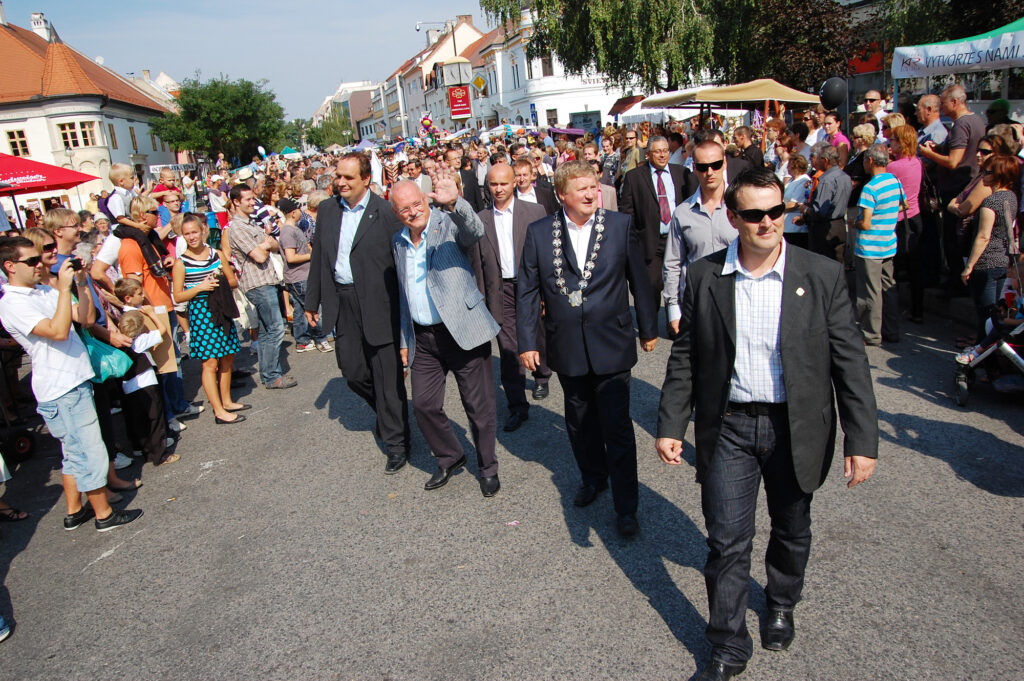
Accommodation Insights
After trying various options across the country, I’ve found that:
- Small family-run pensions often offer better value and local insights than large hotels.
- Book accommodations near public transport in cities – parking can be challenging and expensive.
- Consider staying in converted historical buildings – many castles and monasteries now offer unique lodging experiences.
Communication and Technology
Some practical tips I’ve learned:
- Download offline maps (for example Organic Maps) – coverage can be spotty in rural areas.
- Local SIM cards are inexpensive and worth getting for data access.
- The “Mapy.cz” app is often more accurate than Google Maps for hiking trails.
Final Thoughts
The Czech Republic rewards travelers who venture beyond the obvious. While Prague deserves its reputation, the country’s true character lies in its smaller towns, natural wonders, and the warmth of its people. Whether you’re sipping wine in a Moravian cellar or hiking through sandstone formations, you’ll find experiences that match any budget while avoiding the tourist crowds.
Remember to respect local customs, try the regional specialties, and don’t rush – some of the best experiences come from slow travel and unexpected discoveries in this Central European gem.

Published November 24, 2024 • 24m to read

